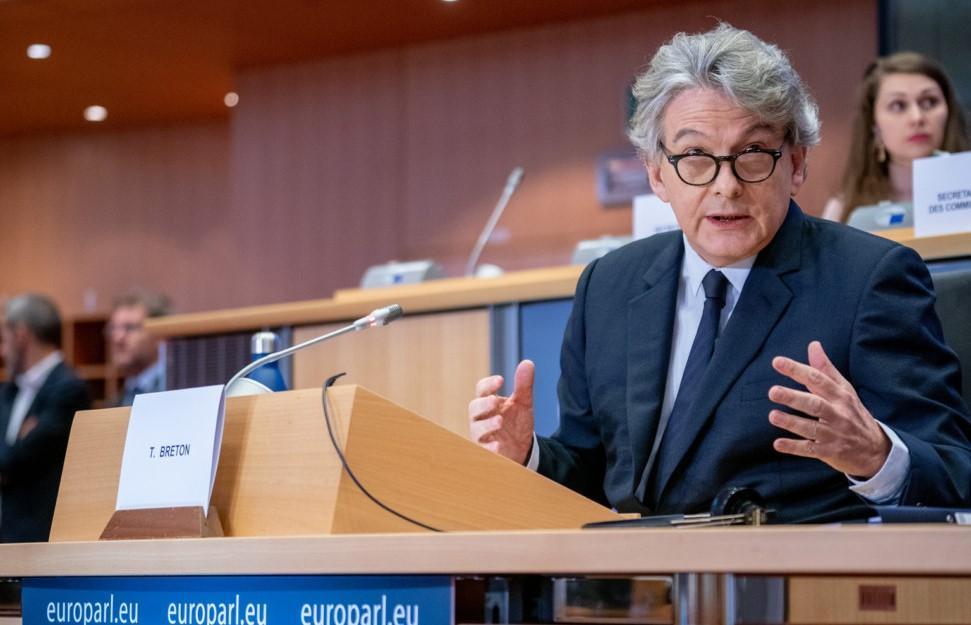
The European Union has finalized new legislation to require Big Tech to remove harmful content, the bloc’s latest move to rein in the world’s online giants.
The Digital Services Act (DSA) - the second part of a massive project to regulate tech companies - aims to ensure tougher consequences for platforms and websites that host a long list of banned content, from hate speech to disinformation and child sexual abuse images.
EU officials and parliamentarians finally reached agreement at talks in Brussels early on April 23 on the legislation, which has been in the works since 2020.
“Today’s agreement on DSA is historic,” European Commission chief Ursula von der Leyen tweeted. “Our new rules will protect users online, ensure freedom of expression and opportunities for businesses. What is illegal offline will effectively be illegal online in the EU.”
“Yes, we have a deal!” European Commissioner for the Internal Market Thierry Breton said in a tweet. “With the DSA, the time of big online platforms behaving like they are ’too big to care’ is coming to an end. A major milestone for EU citizens,” said Breton, who has previously described the internet as the “Wild West.”
Breton said they will have plenty of stick to back up their laws, including “effective and dissuasive” fines of up to 6 percent of a company’s annual global revenue, which for big tech companies would amount to billions of dollars. Repeat offenders could be banned from the EU, he said.
The tentative agreement was reached between the European Parliament and the bloc’s 27 member states. It still needs to be officially rubber-stamped by those institutions, which is expected after summer but should pose no political problem. The rules then will not start applying until 15 months after that approval, or Jan. 1, 2024, whichever is later.
The regulation is the companion to the Digital Markets Act (DMA), which targeted anti-competitive practices among tech behemoths such as Google and Facebook and was concluded in late March.
The DSA will force e-commerce sites to verify the identity of suppliers before proposing their products.
While many of the DSA’s stipulations cover all companies, it lays out special obligations for “very large platforms,” defined as those with more than 45 million active users in the European Union.
While the list of companies has not yet been released it will include giants such as Google, Apple, Facebook, Amazon and Microsoft, as well as Twitter and probably the likes of TikTok, Zalando and Booking.com.